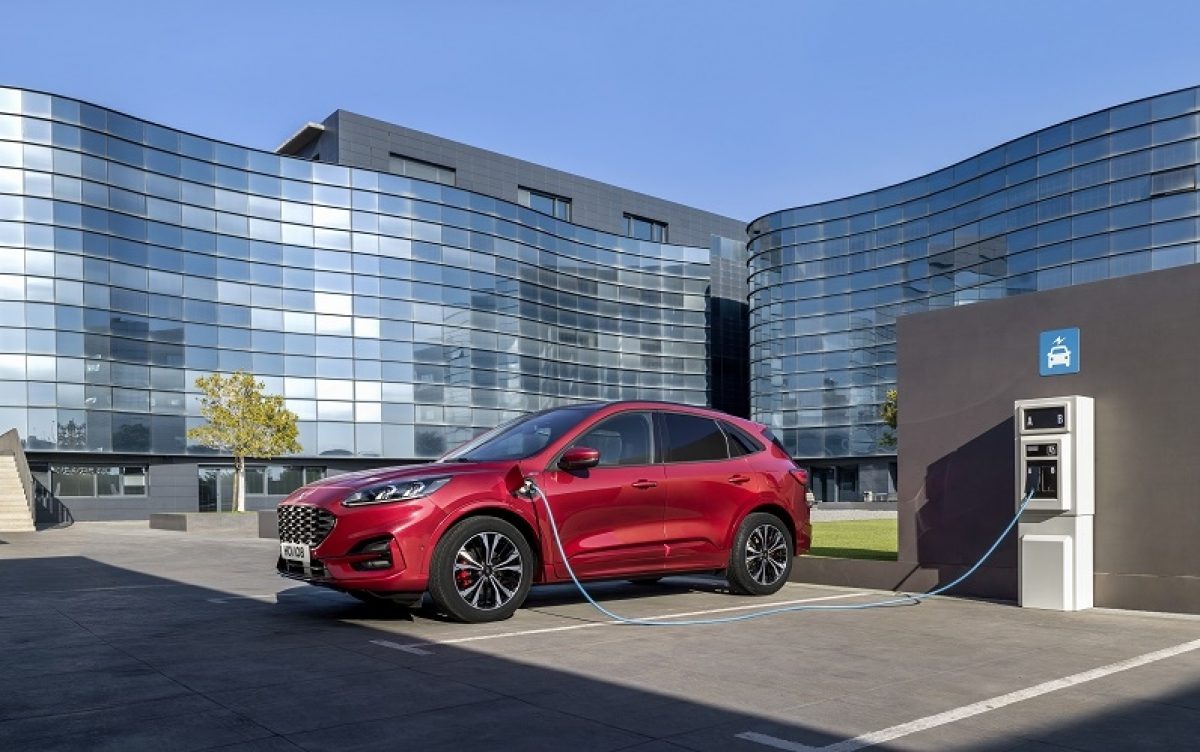
Ford confirms temporary suspension of sales and issues recall; owners told not to charge until further notice.
Ford has halted sales of its new Kuga PHEV due to concerns over overheating battery packs, the company has confirmed.
The plug-in hybrid SUV arrived in showrooms only a couple of months ago but has been deemed a success so far, accounting for half of the Kugas registered across Europe in the second quarter of this year.
However, Ford has released a statement admitting the sale of Kuga PHEVs built prior to 26 June 2020 has been suspended "temporarily". The statement also says "information from the field indicates that four vehicle fires are likely to have been caused by the overheating of the high-voltage batteries".
The "potential concern" has not only led to deliveries and sales of new models being stopped; buyers who have received their cars have also been contacted and told not to charge their high-voltage battery "until further notice". They have been asked to keep the car in its "EV Auto" drive mode.
The brand has now issued a safety recall for all affected models, and is writing to customers to book vehicles in for remedial work from later this month once the required parts are available.
It's not yet known how difficult the problem will be to resolve, with unverified suggestions claiming it's related to the battery's charging module overheating. Ford admits that this overheating can occur "when the vehicle is parked and unattended or is charged".
Although it's not believed that any injuries have been reported as a result of the fires, the fact that multiple fires have been reported on a relatively new car is cause for concern.
Also unclear is why the problem affects only Kugas built prior to the end of June. It's believed that up to 27,000 cars globally are affected.
Fires in combustion-engined vehicles are nothing new, but they're rarer in EVs, due to their relatively small numbers. EV fires can be volatile, however, with first responders and firefighters now provided specific EV training to ensure the high-voltage power system is switched off as a priority.
